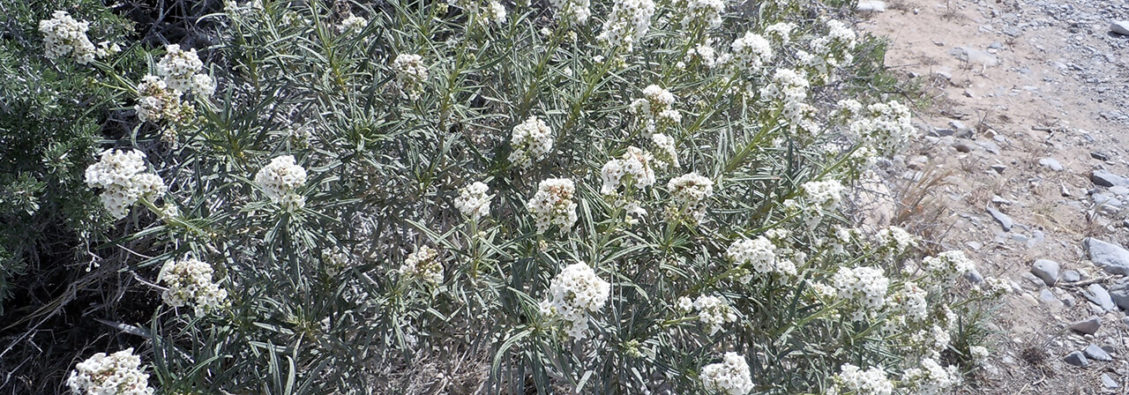The Bathing Ritual at Laguna Honda Hospital

By Alistair Shanks
In a small room on the second floor of a Victorian house in San Francisco, eight people are gathered around a bed, autumn light pale on the faces and walls. A man, dead less than an hour, lies on the bed, head resting on the pillow, grey-white hair brushed in feathery strands, arms at his sides outside the covers, palms down. Except for the greyish pallor of his skin and unnatural stillness of his body, he could be asleep. Next to the bed is a table draped with a gold tablecloth and arranged with flowers, a bell, a candle, and a bowl containing an herbal brew. A volunteer rings the bell and the sound dissolves slowly into the silence of the room.
We are here to perform the “bathing ritual,” a ceremony that allows family, friends, volunteers, and staff to say their goodbyes to those they have loved and cared for. This scene has been repeated countless times over the years as Zen Hospice staff and volunteers have performed this ritual at the now-closed Guest House.
A middle-aged man steps forward, picks up a washcloth from a tray held by a volunteer and dips it in the bowl containing the herbal brew. It is Yerba Santa, translated as “holy herb,” also known as Penny Whistle, a fragrant herb that grows locally and is used by native American peoples for a variety of cleansing rituals. He squeezes it out and approaching the bed, picks up the dead man’s left hand and gently wipes it with the cloth, turning the hand over delicately to cleanse the palm and fingertips. His voice catches in his throat as he murmurs, “Thank you, Dad, for the way you always looked out for me… I love you…” His voice trails off into the stillness of the room.
Zen Caregiving Project volunteers care for people nearing the end of their lives, finding ways to provide companionship, kind attention, and a loving presence during whatever time they have left. As someone weakens and nears death we sit with them silently, offering a simple witnessing presence to their final hours, minutes, and breaths.
Our care does not end at death. For family and friends of a deceased loved one, as well as volunteers and staff, what happens after death, can be just as significant as the care they receive in their last weeks and days. Too often people don’t know what to do in those raw moments after their loved one has died. In many cases, we have lost the traditions and practices for honoring and marking the passing of those we love.
One by one the people in the room take their turn choosing a washcloth, dipping it in the Yerba Santa mixture, squeezing it out, and approaching the bed to cleanse the hands and face of the deceased man. Many do this in silence, some speak words of love and sadness, gratitude. When all have taken their turn we stand in silence until the volunteer rings the bell, sharp and clear in the stillness.
Since its beginning, Zen Hospice Project has offered this simple bathing ritual for deceased residents. It is a way to mutually engage family, friends, volunteers, and staff in a tangible enactment of love and grief. This tender act of cleansing may be the last opportunity family and friends have to touch their loved one.
Despite its long history at the Guest House, this ritual had never been done at Laguna Honda Hospital until October 12, 2019, when Zen Caregiving volunteers, with the support of hospital staff, performed it for 40 friends and family members of a deceased patient. Attendees ranged in age from seven to 79 years of age. Some participated actively, others observed. ZCP volunteer Audrey Meinertzhagen described it as a “force field of urgent love.”
In the institutional setting of a large, public healthcare facility that does not lend itself to intimacy, the enactment of this ritual takes on even greater significance. The true beauty of the bathing ritual lies not in creating a perfect environment, although all efforts are made to create a serene and safe space for its enactment. Its power comes from the careful and loving actions of the community of participants and the opportunity to express deep loss in a tangible way. We at Zen Caregiving Project are excited to be able to offer what the resident’s daughter described as a “loving and compassionate farewell,” to the families of residents who die in our care.


